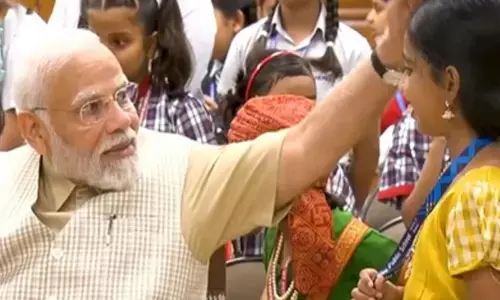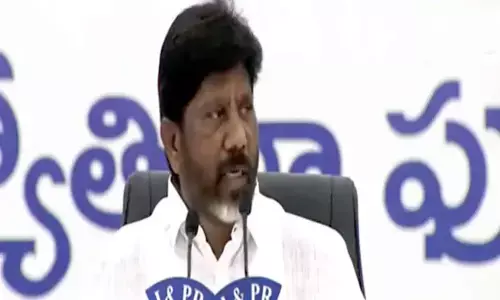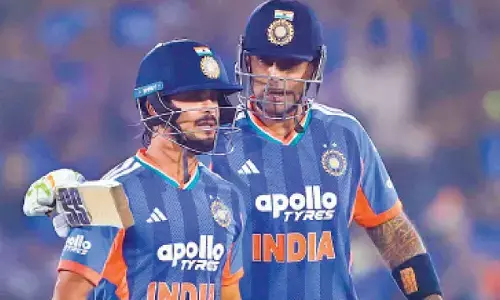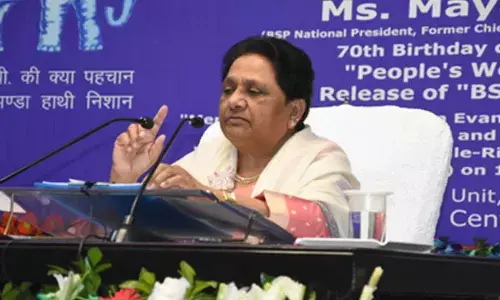Let States not transgress into defence matters
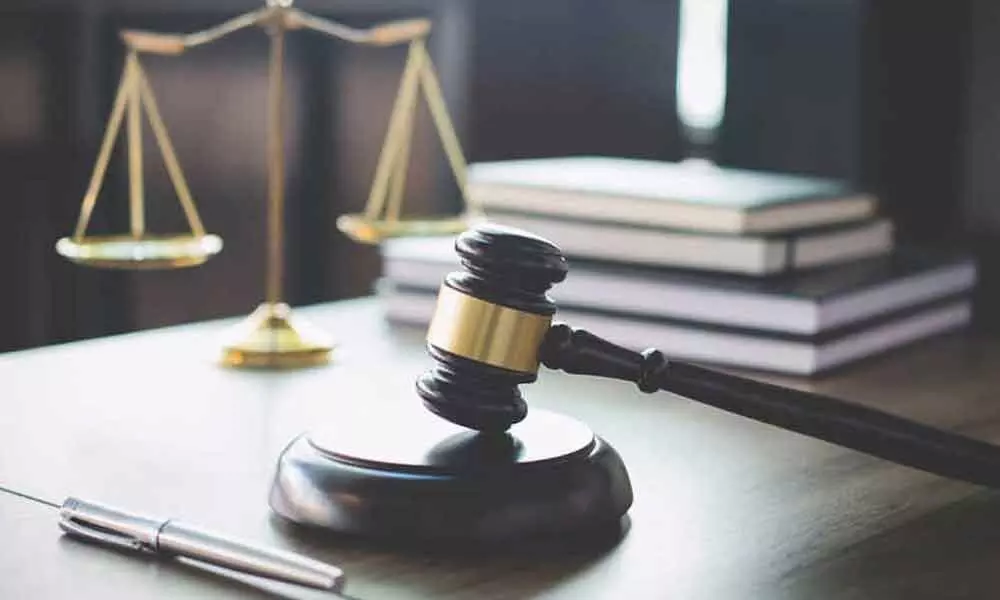
Let States not transgress into defence matters
The makers of our Constitution were, indeed, visionaries!! Their seasoned minds could perceive the future obstacles that the country would have to face
The makers of our Constitution were, indeed, visionaries!! Their seasoned minds could perceive the future obstacles that the country would have to face. They were also aware that as the democracy matures, people would become more and more enlightened about their rights and will demand al-beit through their elected leaders, their share of cake.
Undoubtedly, in order to avoid any confusion or fiction between the Union and the States, the Constitution provides 3 exhaustive lists of subjects which would fall within the purview of the Union, States and both.
Thus, there is a clear-cut demarcation of authority which could be exercised in certain matters by the Union and the States individually or jointly. The first list forming the part of the Constitution covers subjects like defence, foreign affairs, currency and coinage, war and peace, atomic energy, national resources, railways, posts, citizenship, navigation and shipping, foreign trade, inter-state trade and commerce, banking, insurance, national highway, sensors, elections, institutions of higher education, etc., totaling to 97 subjects. Similarly, the State list encompasses 66 subjects in which each State legislature can legislate and such laws would operate within the territory of each State.
The main subjects of the State list are police, public order, prisons, State court fees, local government, public health and sanitation, hospitals, liquors, libraries, agriculture, animal husbandry, water supply, irrigation and canals, fisheries, etc. Besides, there is a concurrent list containing 52 subjects on which both the Union and the States can make laws.
The main subjects in this list are criminal law, criminal procedure, preventive detention, marriage and divorce, transfer of property other than agricultural land, trust and trustees, etc.
Thus, even a lay man can understand that in the matters of defence, national security and citizenship among others, it is only the parliament which can pass laws and the same shall be enforced by the Central government.
Therefore, in this critical period when the nation is facing threats from 3 quarters namely Covid-19 pandemic, sino-pak war threats and Tukde-Tukde gang within the country, the opposition would do the service to the nation by at least keeping mum if it cannot extend constructive support to the Central government in tackling the enemies.
Encounters for killers?
Hardly the ink of our last week's main story in this column on police encounters has dried and here comes the disturbing news of police encounter of gangster Vikas Dubey and other co-accused in Uttar Pradesh. Obviously, the police action seems to be in retaliation to the brutal killing of 8 policemen including one DSP by the dreaded Vikas Dubey gang.
Unfortunately, the criminal justice formula, eyeball-to-eyeball seems to have been applied by the State police which is against all norms of legal course prescribed by the criminal law to deal with any crime howsoever it may be heinous. It is indeed a matter of serious concern that the law enforcing agencies, off late have often shown the tendency of taking law in their own hands.
The police action of liquidating the criminals without following the due course of law cannot be pardoned. If a crime is committed despite there being a huge police force, it reflects upon the intelligence gathering by the police and preventing the occurrence of a crime or controlling the same with limited use of force.
Still what is more worrying is the public reaction to the encounters by police. By and large people from different walks of life rejoiced the killing of not only the gangster Vikas Dubey and his hench-men but also for the encounters of killers of a veterinary doctor in Cyberabad not so long ago. At that time also country's police force too celebrated these encounters.
Hope the recently constituted committee for the reforms of criminal laws would take a serious note of such actions by the police and reaction by the people and make appropriate changes in the criminal laws to reinforce the people's confidence in the rule of law and the procedures laid down therefore for the speedy justice.
Criminal laws reforms
The recently constituted committee for the reforms in the Criminal laws by the Union Home Ministry invited suggestions from all the stake holders and those interested in the legal reforms.
Responding to the demand for transparency and openness in dealing with the matter of streamlining the Criminal law, the committee expressed its intention to approach the mandated matter with fairness, openness and transparency.
The 5-member committee is headed by the Vice-Chancellor of the National Law university, Delhi, Dr Ranbir Singh, who has also served as the Director of the Hyderabad based NALSAR.
SC on sale consideration
In a recent judgment, the Supreme Court has held that non-payment of a part of sale consideration is not a ground for cancellation of a registered Sale Deed. A division bench comprising Justice L Nageswara Rao and Justice Indu Malhotra, while considering the appeal filed against the order of the Gujarat High Court held, "Even if the whole of the price is not paid, much the document is executed, and thereafter register, the sale would be complete and the title would pass all to the transferee under the transaction.
The non-payment of a part of the sale price would not affect the validity of the sale. Once the title in the property has already passed, even if the balance sale consideration is not paid, the sale could not be invalidated on this ground.
"Referring to the judgment in the Vidhyadhar vs Manikrao [(1999) 3 SCC 573] and Sec 54 of the Transfer of Property Act, 1882, the court observed; 'in order to constitute a cell, the parties must intend to transfer the ownership of the property, on the agreement to pay the price either in present, or in future.
The intention is to be gathered from the recitals of the sale deed, the conduct of the parties and the evidence on record…the words price paid or promised or part paid or part promised indicate that actual payment of the whole of the price at the time of the execution of the sale deed is not a sine qua non for completion of the sale.'
However, the court observed that other than cancellation of the sale deed, the plaintiffs may have other remedies in law for recovery of the balance consideration.
US Supreme Court on trademark
The Supreme Court of The United States (SCOTUS) has in its recent judgment with regard to Trademark held that the generic URLs have no bar in registering themselves as Trademark. The judgment was delivered in the case of Patent and Trademark Office v/s Booking.com B.V., where the US Patent and Trademark Office contended that 'Booking.com' is a generic name for online hotel reservation services and therefore ineligible for federal Trademark.
The court with a majority view of 8:1 observed that 'a term styled "generic.com" is a generic name for class of goods or services only if the term has that meaning to consumers'and has further held that the term 'Booking.com' is not generic as it does not convey a like meaning with the term 'Booking' hence eligible for registering as Trademark.








